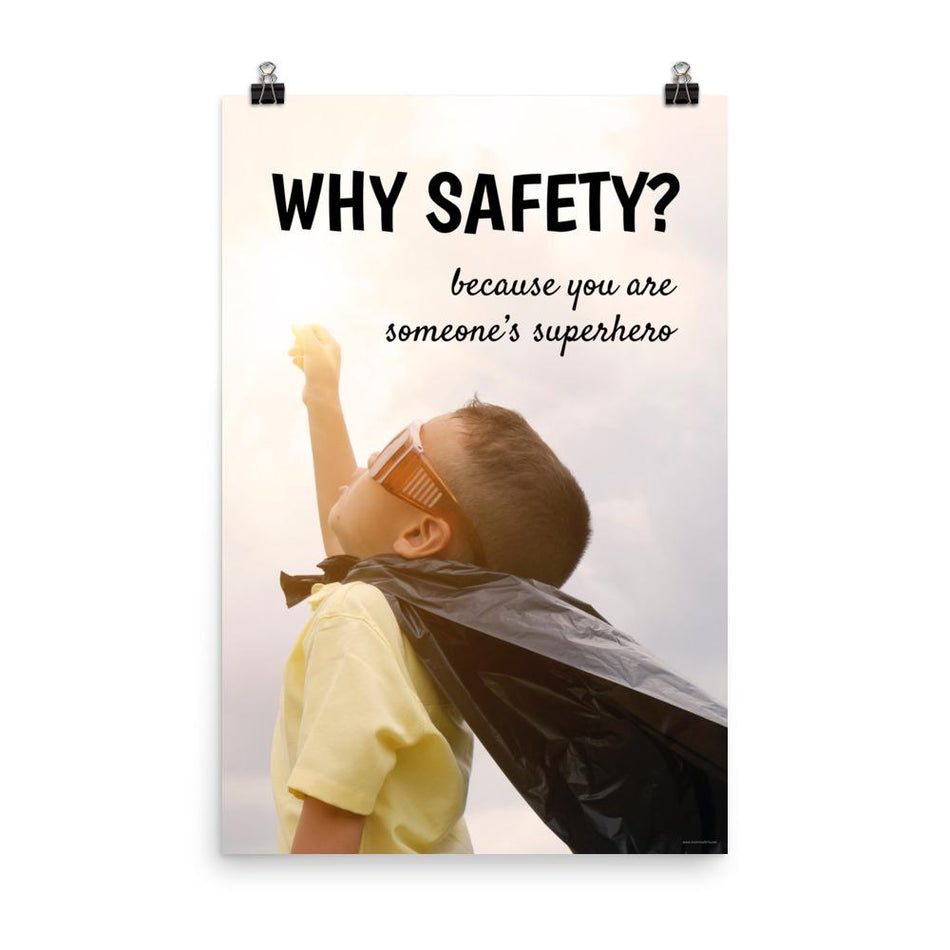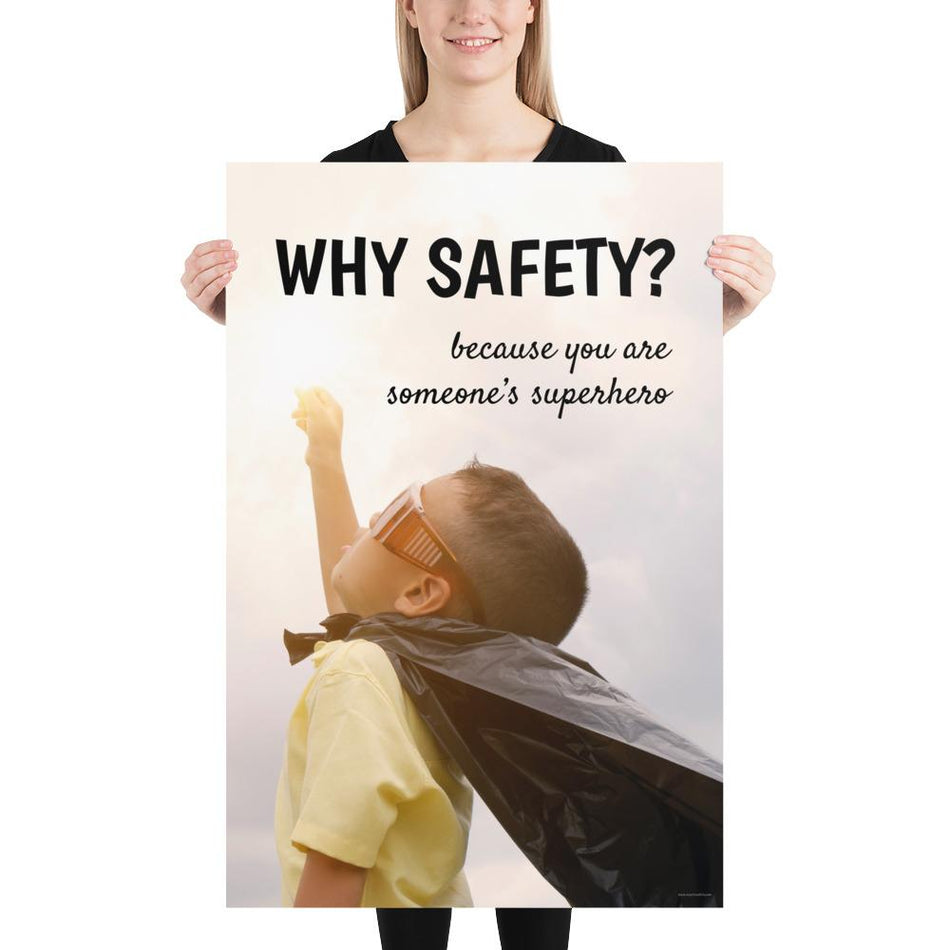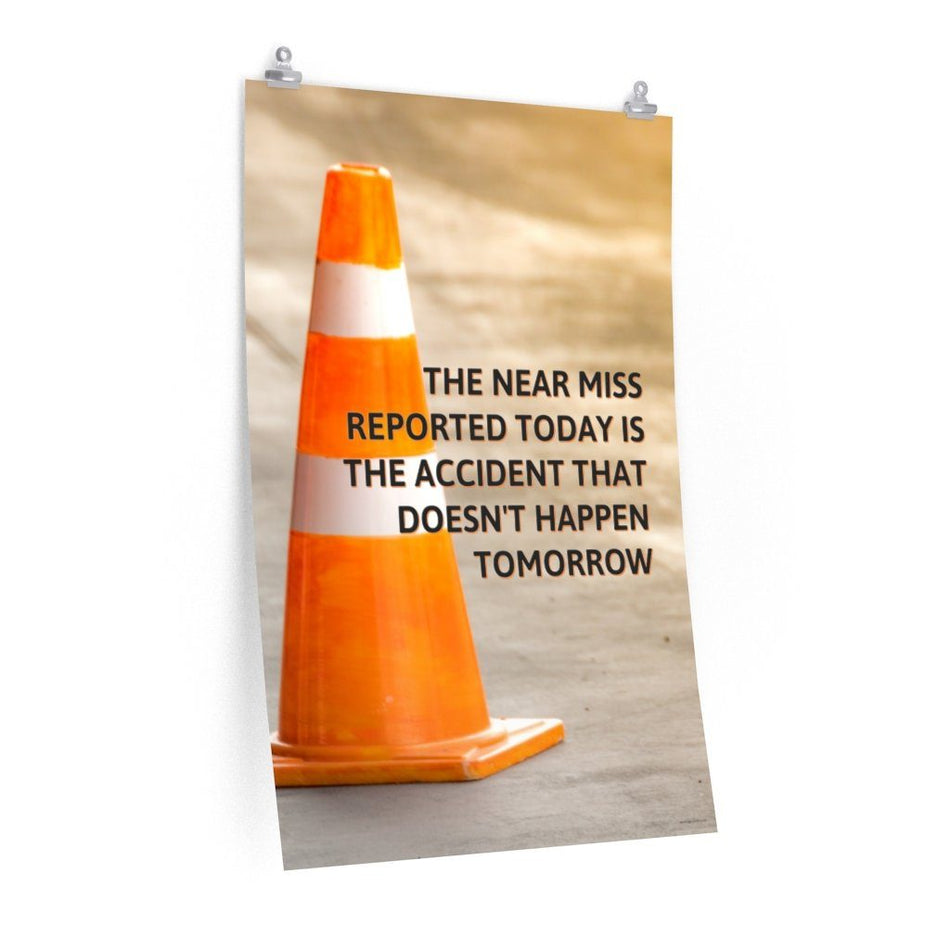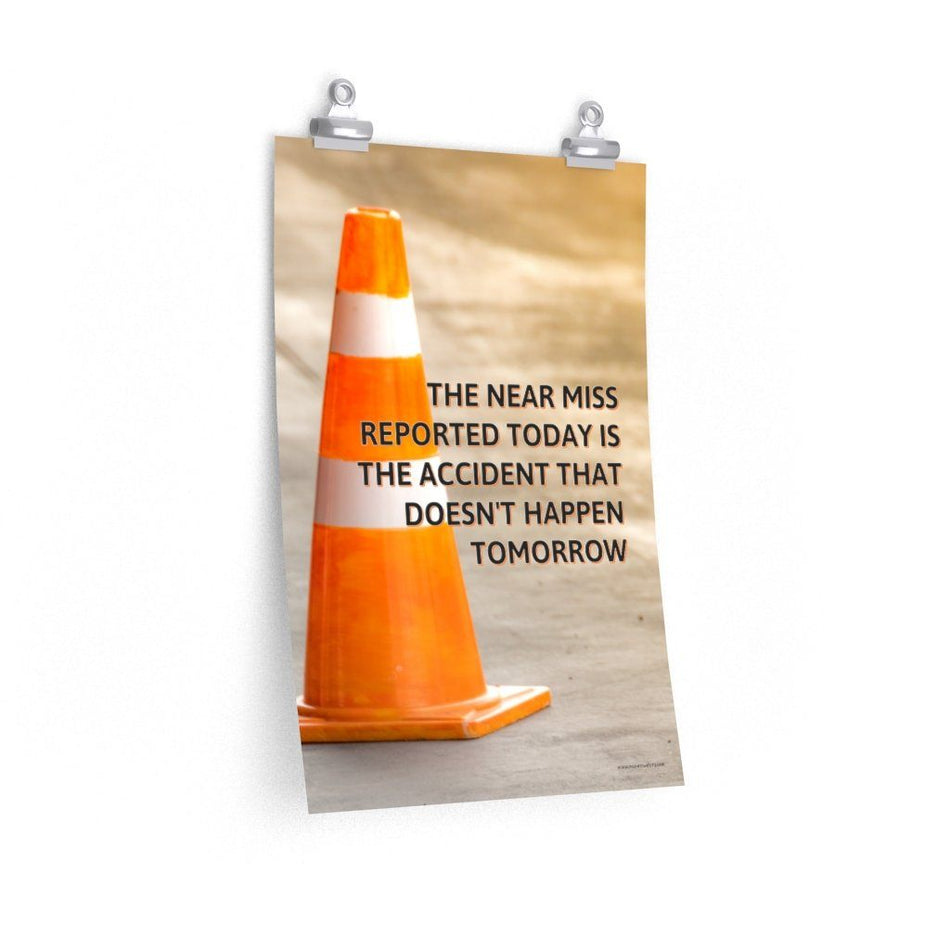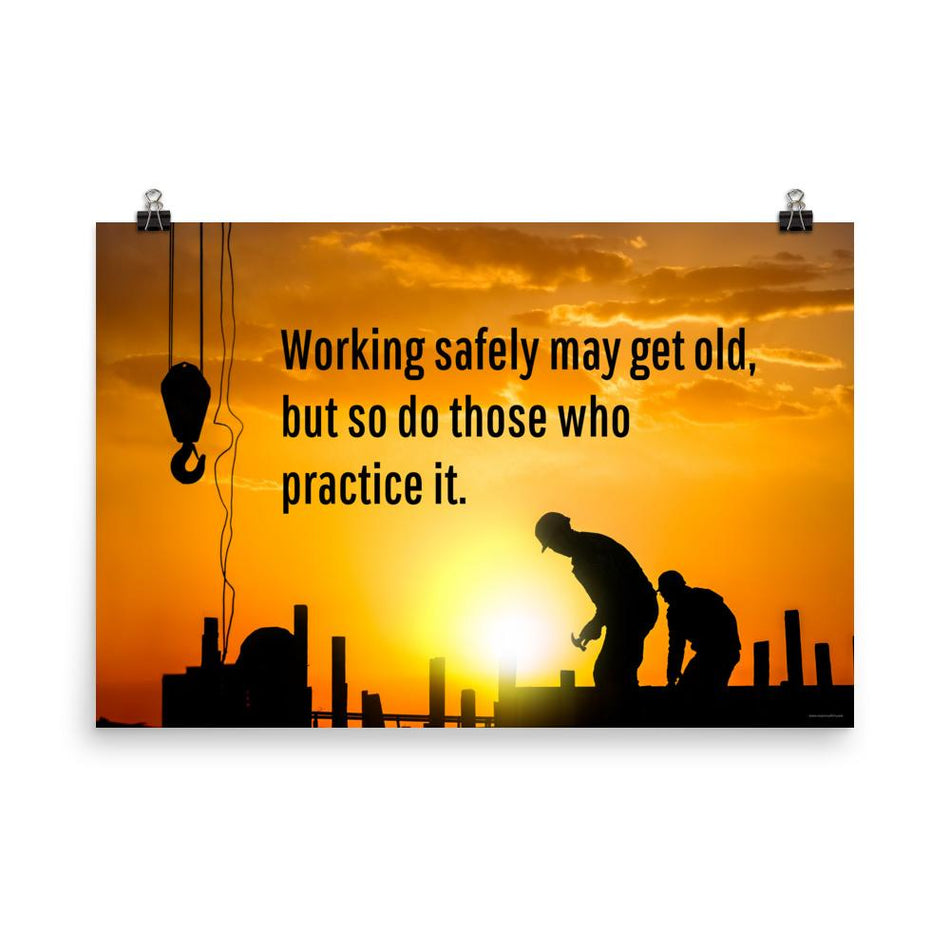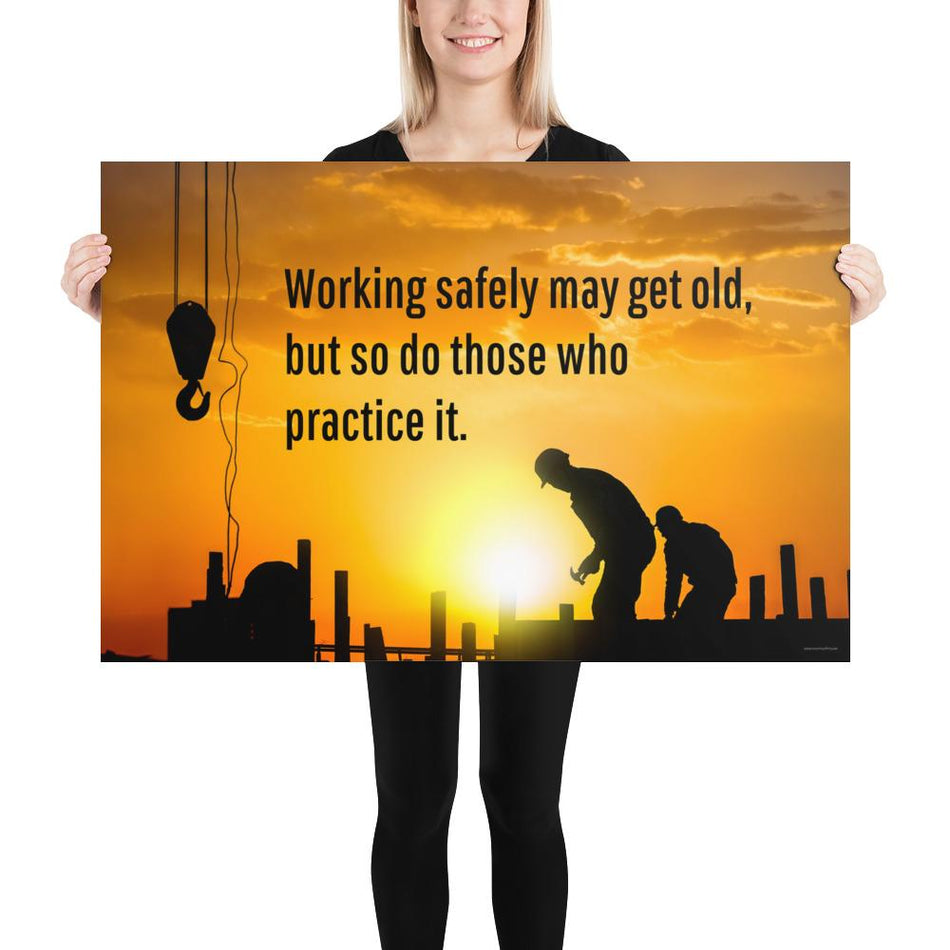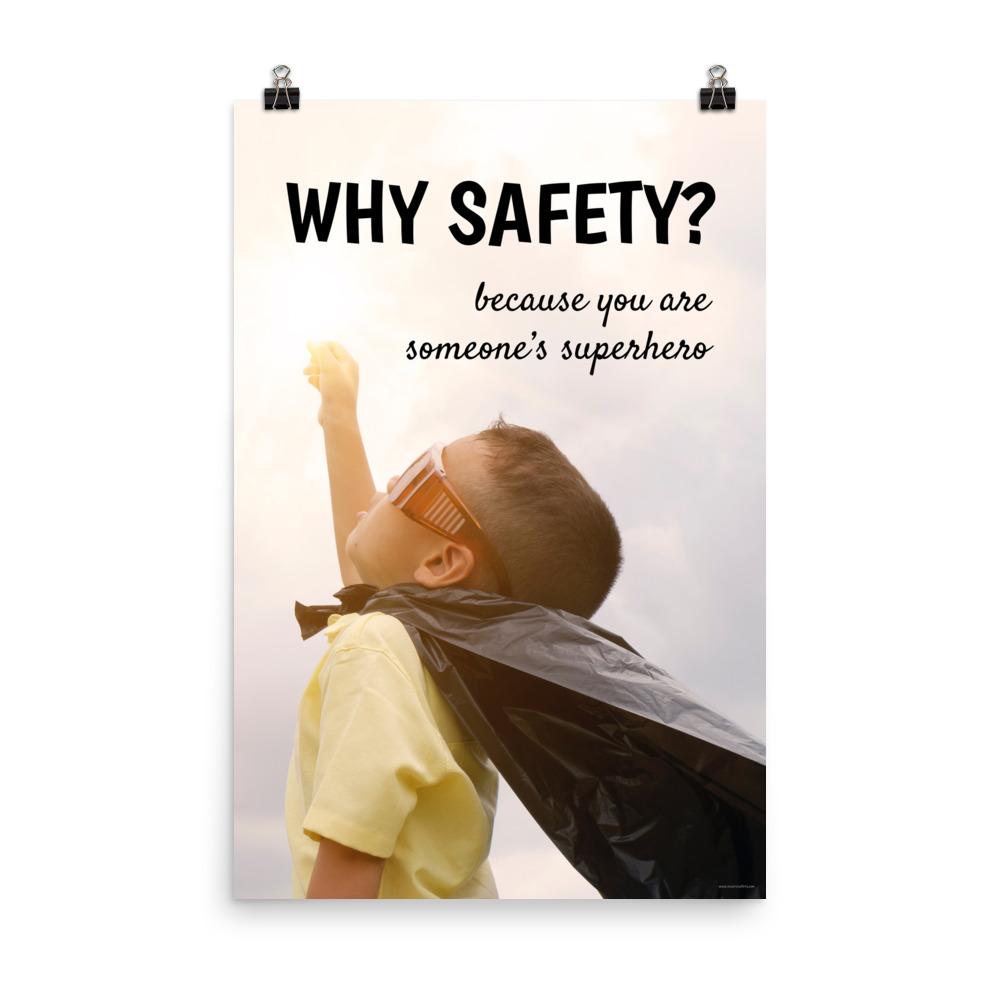As temperatures rise and daylight stretches longer into the evening, summer invites us outdoors with the promise of fun, adventure, and relaxation. But while the season offers plenty of enjoyment, it also comes with unique risks. Heatwaves, water activities, barbecues, and vacation travel can all lead to accidents or illness if precautions aren’t taken. That’s why summertime safety is essential for everyone—at work, at home, and on the go.
Whether your summer plans include hiking trails, lounging by the pool, boating, or family cookouts, these summer safety tips will help ensure your season stays safe, healthy, and enjoyable.
Warm weather and sunshine may feel harmless, but they can quickly become hazardous under the right conditions. More time outside means increased exposure to extreme heat, UV rays, bugs, and potential accidents during recreational activities. Many of these risks are preventable with a little preparation.
Children, older adults, people with chronic health issues, and pets are particularly sensitive to heat and dehydration. Even healthy adults can suffer heat exhaustion or injuries if they’re not careful. A little awareness and shared responsibility can make all the difference.
Heat and Sun Safety
Spending time in the sun can be great for your mood and health, but too much heat or UV exposure is dangerous. Here’s how to protect yourself:
-
Time it right: Plan outdoor activities during early morning or late evening when temperatures are lower and the sun is less intense.
-
Dress smart: Wear lightweight, loose-fitting clothing in light colors. Don’t forget sunglasses and a wide-brimmed hat to shield your face and eyes.
-
Use sunscreen: Apply a broad-spectrum sunscreen with at least SPF 30 and reapply it every two hours—or more often if swimming or sweating.
-
Hydrate: Drink plenty of water before, during, and after outdoor activities. Don’t wait until you feel thirsty—by then, you may already be dehydrated.
-
Rest frequently: Take regular breaks in shaded or air-conditioned areas, especially during physical labor or exercise.
-
Know the signs: Headaches, dizziness, muscle cramps, nausea, or confusion can signal heat exhaustion or heatstroke. If symptoms arise, move to a cool area and hydrate immediately. If they don’t improve quickly, seek medical attention.
Water and Swimming Safety
Swimming is a summer staple—but it’s also one of the leading causes of preventable injuries. Whether you're at the pool, lake, or beach, follow these tips to stay safe:
-
Never swim alone: Always use the buddy system. Even experienced swimmers can run into trouble.
-
Avoid alcohol: Drinking impairs judgment and reaction time—two things you need in the water.
-
Respect your limits: Know your swimming ability and don’t overexert yourself. Fatigue can creep in quickly.
-
Follow posted signs and flags: These indicate water conditions, rip currents, and hazards.
-
Understand rip currents: If caught in one, don’t panic. Swim parallel to shore until you’re out of the current, then swim back at an angle.
-
Be cautious when diving: If you can’t see what’s beneath the surface, don’t jump. When diving, keep your arms extended over your head to protect your neck and head.
Boating and Watercraft Safety
A day on the water can turn dangerous fast if safety is ignored. Whether you’re piloting a boat or simply onboard, remember:
-
Check everything first: Use a pre-departure checklist to confirm your vessel and safety gear are in good working order.
-
Wear life jackets: Everyone onboard should have a properly fitted life jacket, and they should be worn when required—especially by children and non-swimmers.
-
Watch the weather: Conditions can change quickly. Always review forecasts and water advisories before heading out.
-
Stay sober: Operating a boat under the influence is just as dangerous—and illegal—as driving a car impaired.
-
Create a float plan: Let someone on land know your route, who’s with you, and when you expect to return.
-
Assign a second-in-command: Have someone ready to take the wheel in case of emergency.
Alcohol Awareness in Hot Weather
Alcohol can add risk to any summer activity, especially in the heat. It dehydrates the body and impairs coordination, making swimming, boating, and even grilling more dangerous.
-
Set limits: Know your personal alcohol tolerance and plan ahead to avoid overindulging.
-
Drink water: Alternate alcoholic drinks with water or an electrolyte beverage to stay hydrated.
-
Skip alcohol if you're in charge: If you're the driver, boat operator, or supervisor, avoid alcohol entirely to protect yourself and others.
Grilling and Food Safety
Barbecues are a summer tradition—but they come with fire and food risks. Follow these safety practices:
-
Grill outdoors only: Never grill in enclosed areas or under overhangs. Keep grills away from buildings and flammable materials.
-
Watch your grill: Never leave a hot grill unattended. Always supervise children and pets nearby.
-
Dispose of coals safely: Let charcoal cool completely before discarding in a metal container.
-
Keep a fire extinguisher handy: Be ready for flare-ups or grease fires.
-
Prevent foodborne illness:
-
Keep raw meat separate from other foods.
-
Use a cooler with ice or cold packs for perishables.
-
Don’t let food sit out for more than 1–2 hours (less if it’s over 90°F).
-
Wash your hands or use sanitizer before handling food.
-
Insects and Wildlife
Spending time outdoors means sharing space with insects and wildlife. Here’s how to reduce your risk:
-
Use insect repellent: Choose one with DEET or other EPA-approved ingredients to prevent bites from mosquitoes and ticks.
-
Cover up: Long sleeves and pants help in wooded or grassy areas.
-
Avoid wild animals: Don’t feed, approach, or attempt to handle wildlife. Give snakes and other animals plenty of space.
-
Check for ticks: After being in wooded areas, check your body and clothing for ticks. Remove them promptly and properly.
Summer should be a time of relaxation, fun, and adventure—but that doesn’t mean throwing caution to the wind. By planning ahead, staying hydrated, respecting the sun and water, and looking out for one another, we can reduce risks and enjoy all that summer has to offer.



